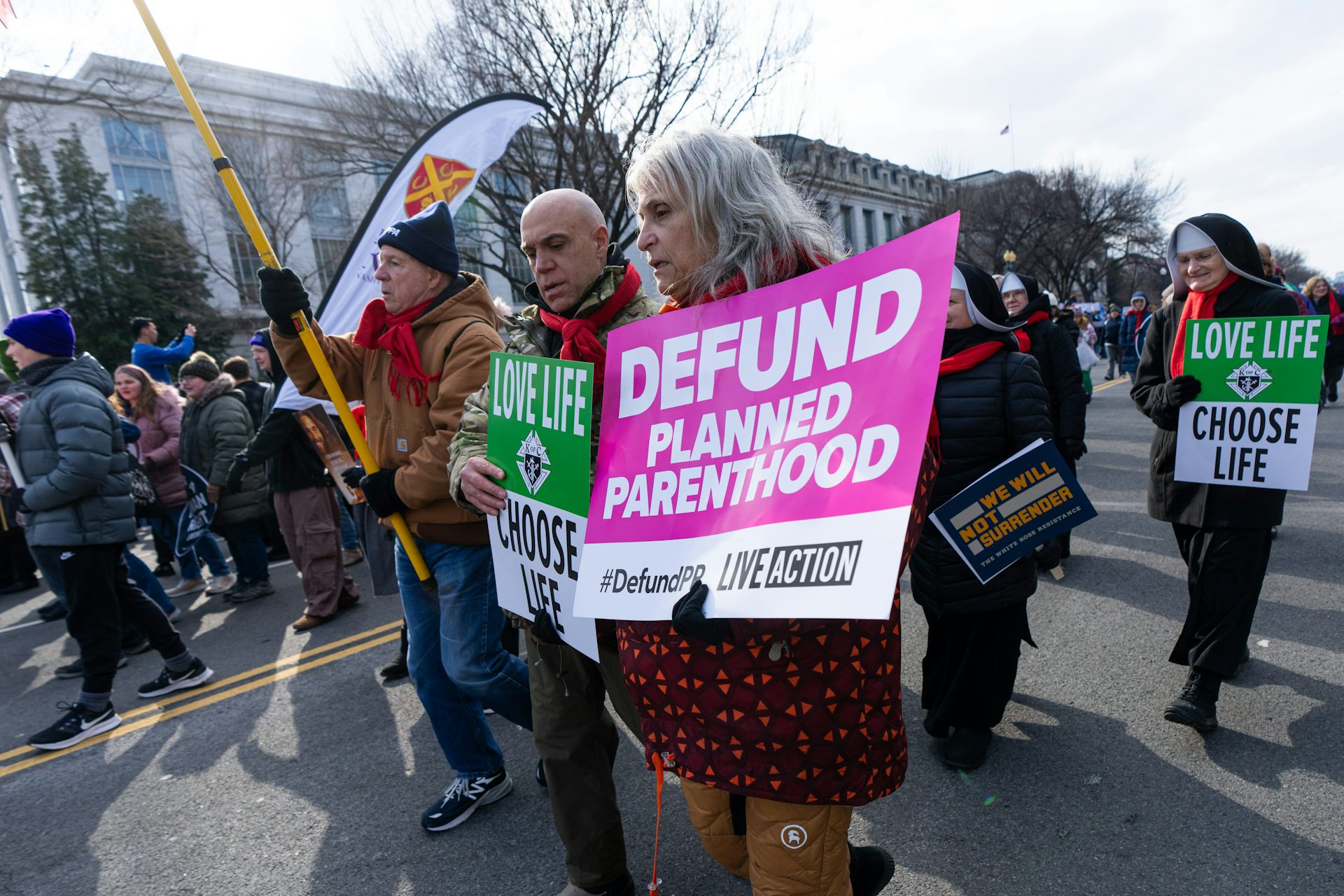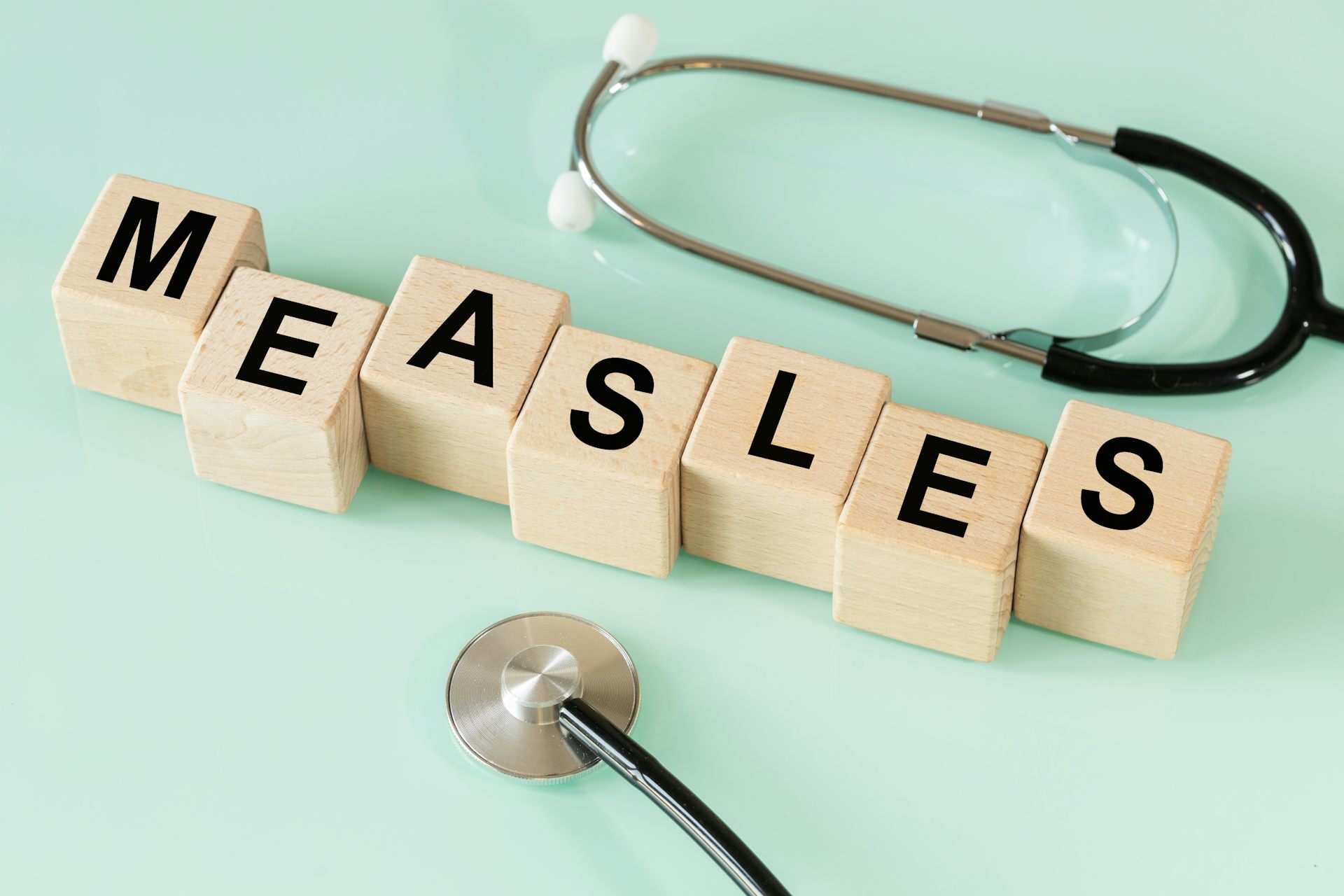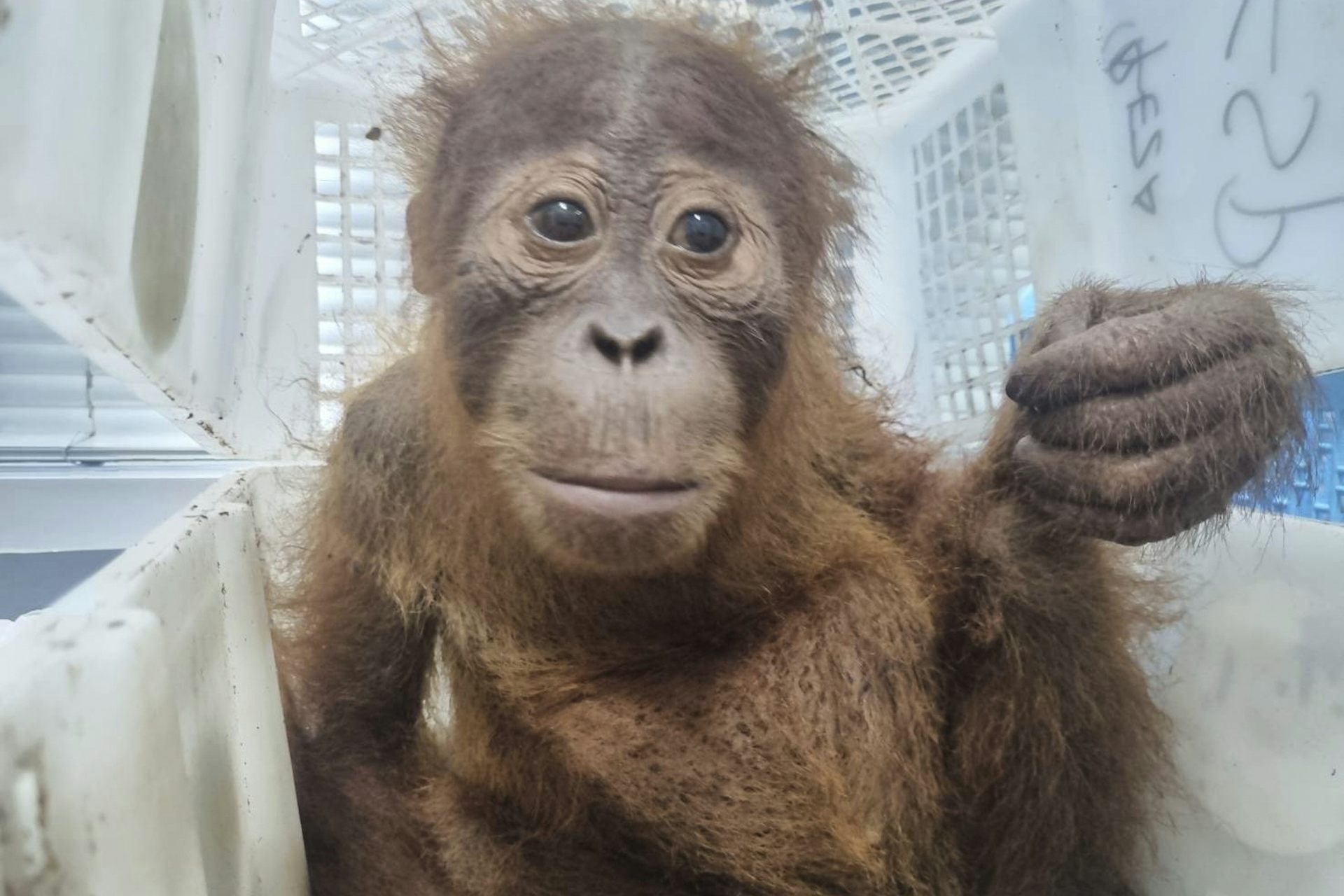Puerto Ricans don't trust official information on Hurricane Maria
A survey shows that most Puerto Ricans didn't highly rate the official information coming out of the island. With the Institute of Statistics in trouble, the situation is likely not to improve.
On Sept. 20, 2017, Hurricane Maria made landfall in Puerto Rico, destroying the power grid as well as most of the communications structure. In some cases, it took more than five days for Puerto Ricans in the U.S. to hear about their loved ones. In the case of Debora Pérez, a woman who lost her stepfather due to the hurricane, it took more than a week.
The reality that Pérez faced in Puerto Rico was much different from the official information coming out of the island in the weeks and months following the hurricane. More recently, the government of Puerto Rico has been in the middle of another storm – for not sharing information concerning the number of deaths in the last four months of the past year. It took a lawsuit from the Puerto Rico Institute of Statistics, CNN and the Center for Investigative Journalism for the government to share these data.
I am a demographer who has been studying the impact of Hurricane Maria on the population of Puerto Rico. As part of this project, I asked Puerto Ricans in the U.S. about the the quality of the information coming out of Puerto Rico following the hurricane. During those days, the government centralized information dissemination in the Center for Emergency Operations. This information was vital for those outside – but the evidence shows that many don’t trust it, and the situation is likely not to improve.
Survey ratings
In an online survey, I asked Puerto Ricans in the U.S. about the quality of the information related to death counts, illness and diseases, impact of relief, energy restoration, security and the use of donated goods. Approximately 5,200 people answered this section of the survey between October 18 and November 17.
The majority of study respondents rated the quality of the information as “bad” in all the categories.
Trust in the hurricane death count and the energy grid restoration was lowest. Both topics have made national and international headlines. The issue of death counts has caused members of Congress to call for a special commission to investigate hurricane deaths in Puerto Rico. At the same time, the topic of energy restoration has been under public scrutiny and was considered during a Senate hearing in November 2017.
This low opinion of the information given out following Hurricane Maria is consistent with the low levels of trust in the Government of Puerto Rico found in the island and nationally over the past few years. Based on a survey conducted in 2016, approximately 10 percent of the population trusted the past governor and 36 percent trusted a new government. Similarly, the levels of trust were low for Puerto Rico’s House of Representatives, Senate and court system.
Loss of data transparency
Public opinion may worsen, now that the Puerto Rican government has initiated a process to dismantle the island’s Institute of Statistics, an autonomous government entity charged with coordinating the government’s statistical production service. The plan is to place these tasks in the hands of a private contractor.
A few months before the hurricane, the governor removed several members of the institute’s board of directors. Since the hurricane, the government has not involved the Puerto Rican Institute of Statistics in any statistical process related to Hurricane Maria on the island.
Over 47 organizations and programs, such as the American Statistical Association, have created a coalition to try to protect this institution. In my opinion, the institute could be invaluable in helping the government restore the credibility in data following Hurricane Maria.
The ongoing mistrust in the information coming out of Puerto Rico, paired with the elimination of the Puerto Rican Institute of Statistics, could have dire consequences. As data from the island become poorer and trust erodes even further, it will become easier for those on the outside to ignore scientific evidence on the social problems faced by Puerto Ricans – just as the island faces a new hurricane season.
Alexis R. Santos-Lozada does not work for, consult, own shares in or receive funding from any company or organisation that would benefit from this article, and has disclosed no relevant affiliations beyond their academic appointment.
Read These Next
Federal and state authorities are taking a 2-pronged approach to make it harder to get an abortion
Four years after the Supreme Court’s Dobbs ruling gave states the power to ban abortion, further restrictions…
US experiencing largest measles outbreak since 2000 – 5 essential reads on the risks, what to do and
Public health scholars worry that the resurgence of measles may signal a coming wave of other vaccine-preventable…
New technologies are stepping up the global fight against wildlife trafficking
Emerging digital tools can help authorities prioritize inspections and rapidly identify illicit goods…





